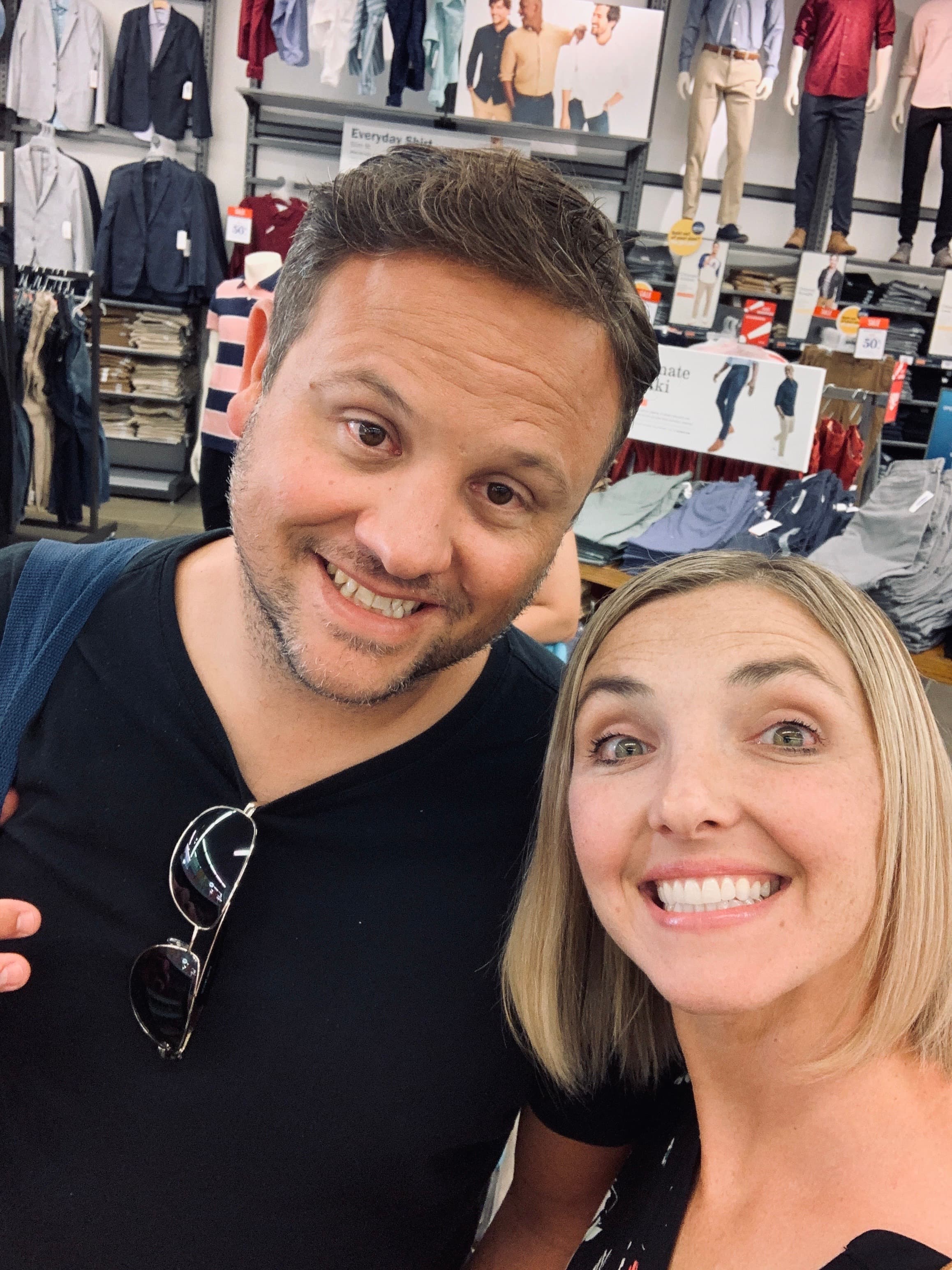1 Thessalonians 2:1-16
A little about Ty, Growing Up the Church, and Atheism
- I was baptized at age 5
- I grew up in the Church, and was licensed as a minister at age 17
- I stayed active in the Church leading worship until I was about 21
- By age 23, I was a self-identifying atheist
What…. What?
What do you think happened to me?
On Biblical Literacy
My church (and church school) made it a priority to inundate us with Scripture constantly. We were always in the Word. However, while they did a good job of teaching me
- why the Bible is important and
- who the important figures and stories are in it,
- they failed to help me understand
- what the Bible is
- where & how it came to be
- when all these things happened, especially in relation to each other, and
- how to study it appropriately
The only advice I ever received on how to study the Bible was to get a pre-built study, pick a book of the Bible, read the whole thing over a year, or close your eyes and open up to a random page. This can have staggering consequences if we let the same things happen to our children and grandchildren.
“As a student in public high school, I took a course in anthropology. Our teacher decided we should have a debate on creationism versus evolution. Being an outspoken Christian, I was nominated to debate the [young-Earth] creationism side. Having little to no understanding of the subject myself (I had never put much thought into the topic other than what I had been taught as a child), I attempted to valiantly argue for a literal six-day creation. The other side crushed me, and I felt the full brunt of shame for not being able to defend myself or my views, deeply held as they were to me. It was a seminal moment in my life. It led me to question many of my previously deeply held beliefs, and I nearly walked away from faith entirely over the course of the next year.” - Student (comment on Natasha Crain's blog)
I firmly believe that discipleship starts in the home, and if we are going to disciple our children and grandchildren, we have to have a better, more comprehensive understanding of the Bible, and more importantly, know HOW to study it.
When it comes to studying the Bible, Context is key
Without full, proper context of the events of the time, Scripture can be…
- Really hard to understand
- Easily misinterpreted
- Way more boring to read. Laugh, but this has serious spiritual implications…
When I study the Bible (for a lesson, or often otherwise), I typically:
- Have my Bible open to the passage(s) I'm studying
- Have either a Chronological or Apologetics Bible open as well (often both)
- Often have another study of the same Scripture open
- Have my computer open to research maps, quickly pull other scripture with BibleGateway.com, or even to “see what the world” says about this, so that I have context for atheistic or other secularist objections to validity
If we're serious about our faith, the study of Scripture should be work… but some of the most fun and meaningful work we can pursue, because it's life-changing.
Now, on to Thessalonians… by way of… an Acts Timeline!
A Helpful Timeline of Acts (hint: Keep This!)
Scriptural Context
To better understand Paul's relationship with Thessalonica, let's get back to Acts…
No verse yet... What stands out to you about the Holy Spirit and Spirit of Jesus in this passage? Why is that interesting? No verse yet... Who is writing this? Did you notice anything about the language change here?This is most likely no accident, and most scholars think it is most reasonable to assume that Luke was actually with Paul, Silas and Timothy, then left at Philippi, perhaps to aid the young struggling church there.
No verse yet... How were Paul, Silas and Timothy treated in Philippi? How did God use that? No verse yet... What happened in Thessalonica? Did the group and converted Jews face any persecution there? No verse yet...In those days, “snake oil salesmen” would have been common in a town like Thessalonica. These people would have promised medicine, or fortune telling (like the girl in Acts), or any number of “pain reliefs,” all the while taking people's money out of greedy self-interest. In that light, what do you think Paul is trying to say here?
What proof in verses 4 & 5 that their message is authentic, their motives pure, and their methods upright?

